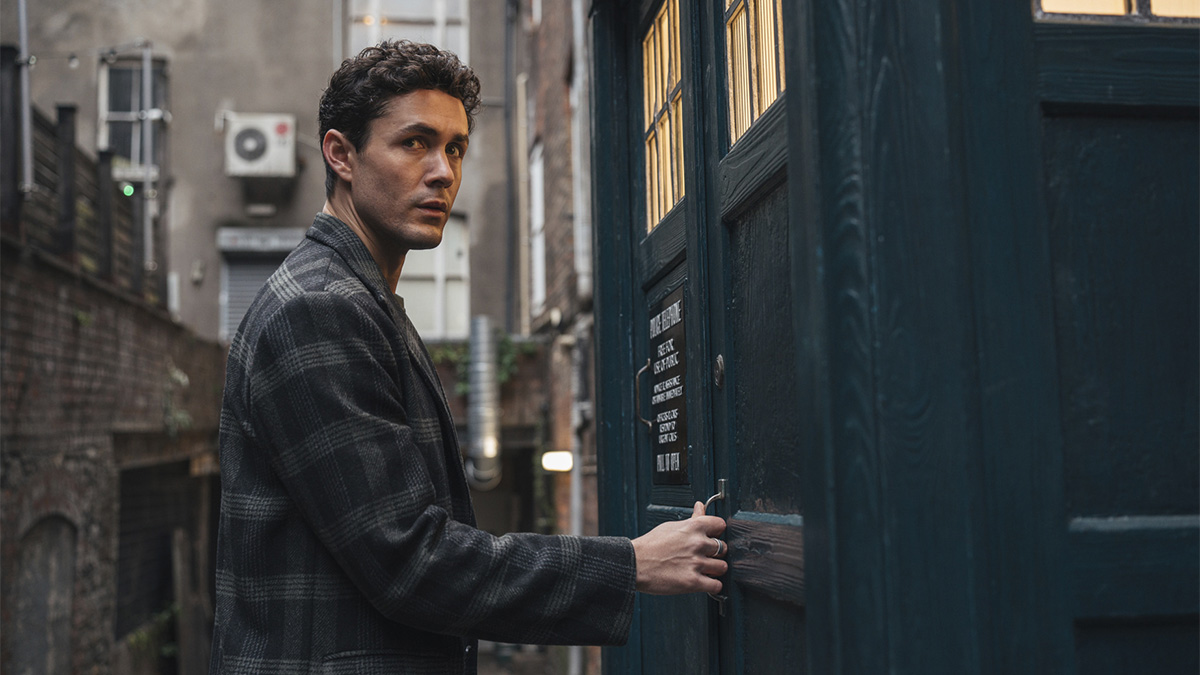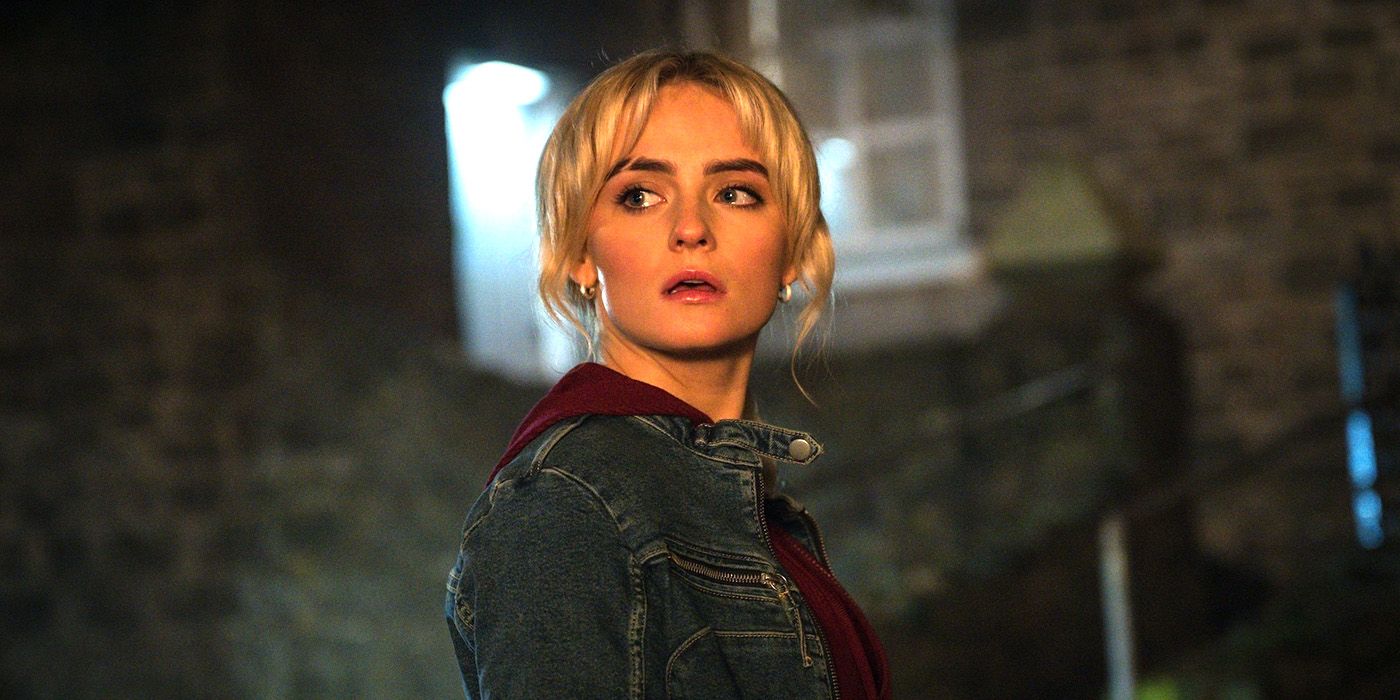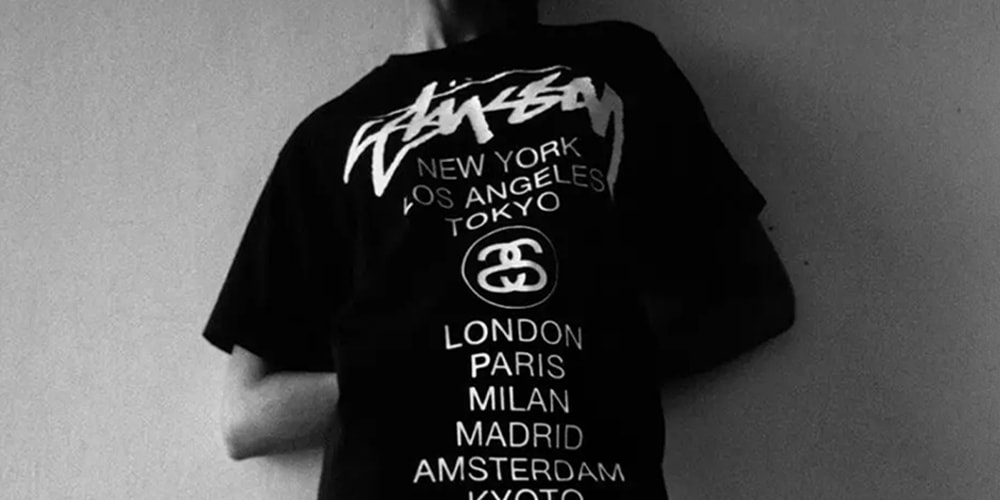Capcom Fighting Collection 2 and Why We Need to Preserve Video Game History
Less than a year after releasing the well-received Marvel vs. Capcom Fighting Collection: Arcade Classics, Capcom is unveiling another compilation of its classic fighting games with Capcom Fighting Collection 2. More of a follow-up to 2022’s Capcom Fighting Collection, the new volume features the re-release of several games that have been unavailable for decades and […] The post Capcom Fighting Collection 2 and Why We Need to Preserve Video Game History appeared first on Den of Geek.
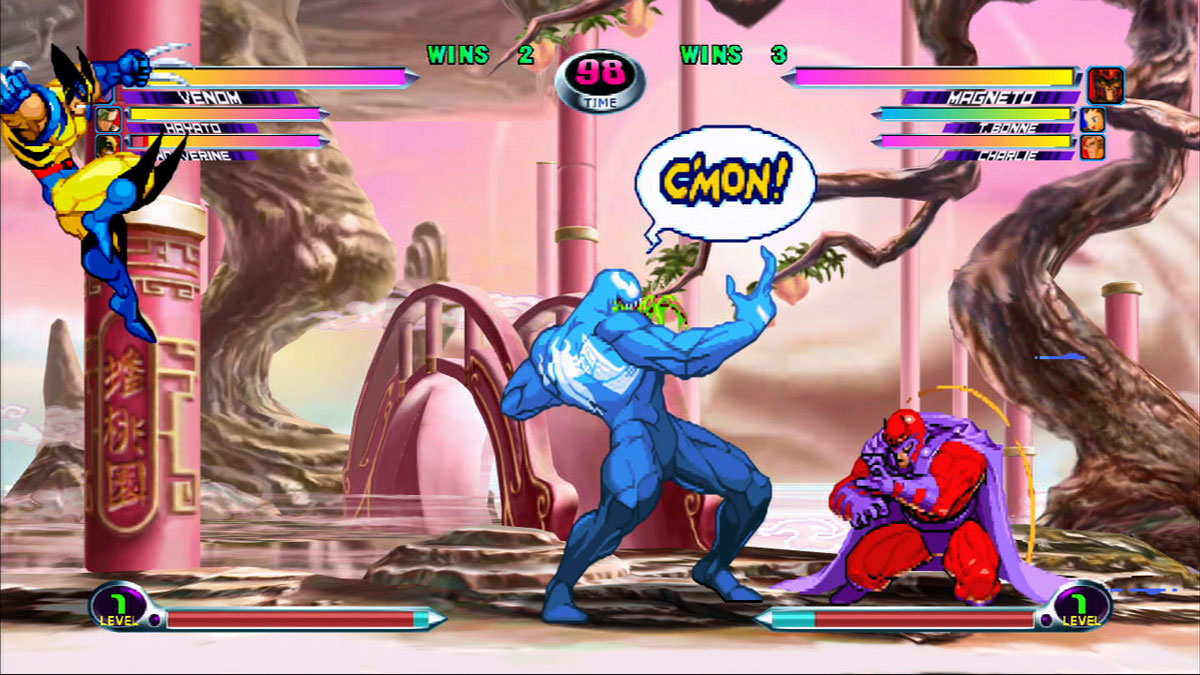
Less than a year after releasing the well-received Marvel vs. Capcom Fighting Collection: Arcade Classics, Capcom is unveiling another compilation of its classic fighting games with Capcom Fighting Collection 2. More of a follow-up to 2022’s Capcom Fighting Collection, the new volume features the re-release of several games that have been unavailable for decades and others that have never received an official American release until right now. More than just reviving its own legacy as the premier fighting game publisher worldwide, these collections continue to demonstrate how Capcom has taken the lead among developers working toward serious game preservation.
While many forms of recorded multimedia and art—including music, rhetoric, film, and television—have seen a steady rise in preservation efforts which seek to save media for future generations, the medium of video games and interactive media is in major need of greater consideration. The topic of video game preservation, while gaining traction, is still a relatively new field, partially due to gaming being much younger than other mediums.
Here’s why game preservation matters and how Capcom is among developers leading the charge in a growing industry effort.
The Importance of Game Preservation
Something we probably take for granted in the digital age is how easily certain pieces of media can be lost to the inevitable ravages of time. We live in an age where an expired license or lapsed partnership can result in a show or movie disappearing from all streaming services overnight, and with no physical release to make viewing that work possible.
This remains just as true for video games if not more so. Unlike film or television, many video games, both classics and hidden gems, have an added technological barrier of possibly only being available on one piece of antiquated or defunct hardware. In other words, before Capcom’s latest fighting collection series, there were some fan favorites from the Dreamcast glory days unavailable to anyone not hanging onto a failed 25-year-old console. Furthermore, like movies and television, fewer games are getting wide physical releases as developers lean increasingly toward digital downloads and cloud gaming.
More than just lacking a contemporary means to legally play, unavailable games are also at risk with how their respective developers and publishers have them stored. There was no thought toward game preservation for the majority of the medium’s existence, with games sometimes casually stored on a hard drive or even more antiquated storage methods without any serious consideration for its safe maintenance. That means if stored data files become damaged or corrupted, your favorite game that hasn’t seen a rerelease in years is lost to the digital ether forever.
Capcom’s Steps Toward Game Preservation
To its credit, Capcom has been releasing compilations of its games since at least 1997’s Street Fighter Collection for the PlayStation and Sega Saturn. Since then Capcom has steadily released compilations of its various Mega Man series, other franchise-based fighting collections, like Street Fighter and Darkstalkers, even its quirky Ace Attorney point-and-click games. This isn’t to say Capcom is perfect—no developer is. I’m still waiting for re-releases of the Street Fighter EX trilogy, Resident Evil Outbreak, and Viewtiful Joe 2! But Capcom has a far better track record in making its older games available for later generations.
In recent years, Capcom has expanded the availability of its games, sometimes through standalone re-releases on various gaming platforms, but increasingly as add-ons or in concurrent collections. Street Fighter 6 gives the option for players waiting out in the battle hub to play rotating arcade games, even giving them the option to acquire them permanently through seasonal game passes. Between that, Capcom Arcade Stadium and Capcom Beat’em Up Bundle, I own the original Final Fight four times. I somehow own Vulgus three times despite never paying for it specifically. Vulgus aside, Capcom’s re-release generosity is something to be lauded.
A big part of that comes from Capcom’s willingness to work with former partners to re-release games that would normally be tied up in legal licensing headaches. Working with Disney, Capcom’s Marvel vs. Capcom Fighting Collection: Arcade Classics and The Disney Afternoon Collection made games shelved as far back as the ‘80s available again. Capcom Fighting Collection 2 features two games made in association with SNK, both of which were previously unavailable since the PlayStation 2/GameCube era. In highlighting the mutual benefit of reviving these partnerships, if only for a remastered release, Capcom is reviving entire segments of its history.
Other Notable Efforts to Preserve Classic Games
Other publishers like Nintendo and Konami have each approached preserving their respective gaming libraries in their own way. After previously making their games available for digital purchase through its Virtual Console service on the Wii and Wii U, Nintendo has started to allow Nintendo Switch Online subscribers to be able to play games from its classic library online, adding new titles regularly. Like Capcom, Konami has released its own classic compilations, including collections for Castlevania, Contra, Teenage Mutant Ninja Turtles, and Metal Gear Solid. SNK has also released both collections and standalone releases of its classic arcade games.
One of the biggest advocates for game preservation within the industry is digital PC gaming distributor GOG.com, which offers games from across the medium’s history DRM-free. GOG also has its own dedicated game preservation program, working with game developers and publishers to restore and re-release games for wide audiences in partnership with the European Federation of Video Game Archives, Museums, and Preservation. Among the early game developer partners for this program was Capcom, who included the original Resident Evil trilogy, Dino Crisis, and Breath of Fire IV toward this preservation effort.
Simply put, games deserve to be preserved just as much as movies, music, and television programming as an extension of our collective cultural history. Some companies aren’t as willing or interested to take better care of their gaming libraries and make them available for new generations, but Capcom has consistently excelled in this department. And with Capcom Fighting Collection 2 coming to modern consoles, it’ll be good to finally play titles like Power Stone 2 again for the first time not locked away behind a Dreamcast.
Capcom Fighting Collection 2 releases May 16 for PlayStation 4, Xbox One, the Nintendo Switch, and PC.
The post Capcom Fighting Collection 2 and Why We Need to Preserve Video Game History appeared first on Den of Geek.



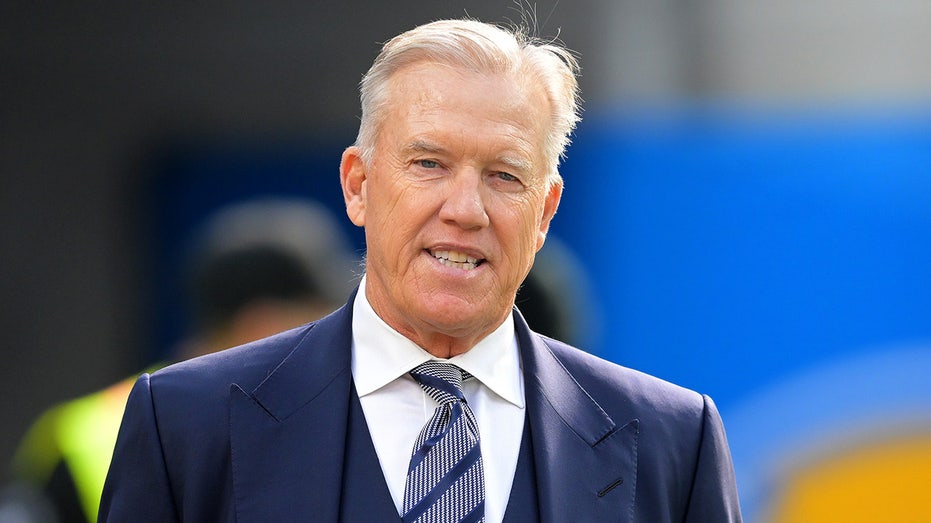

























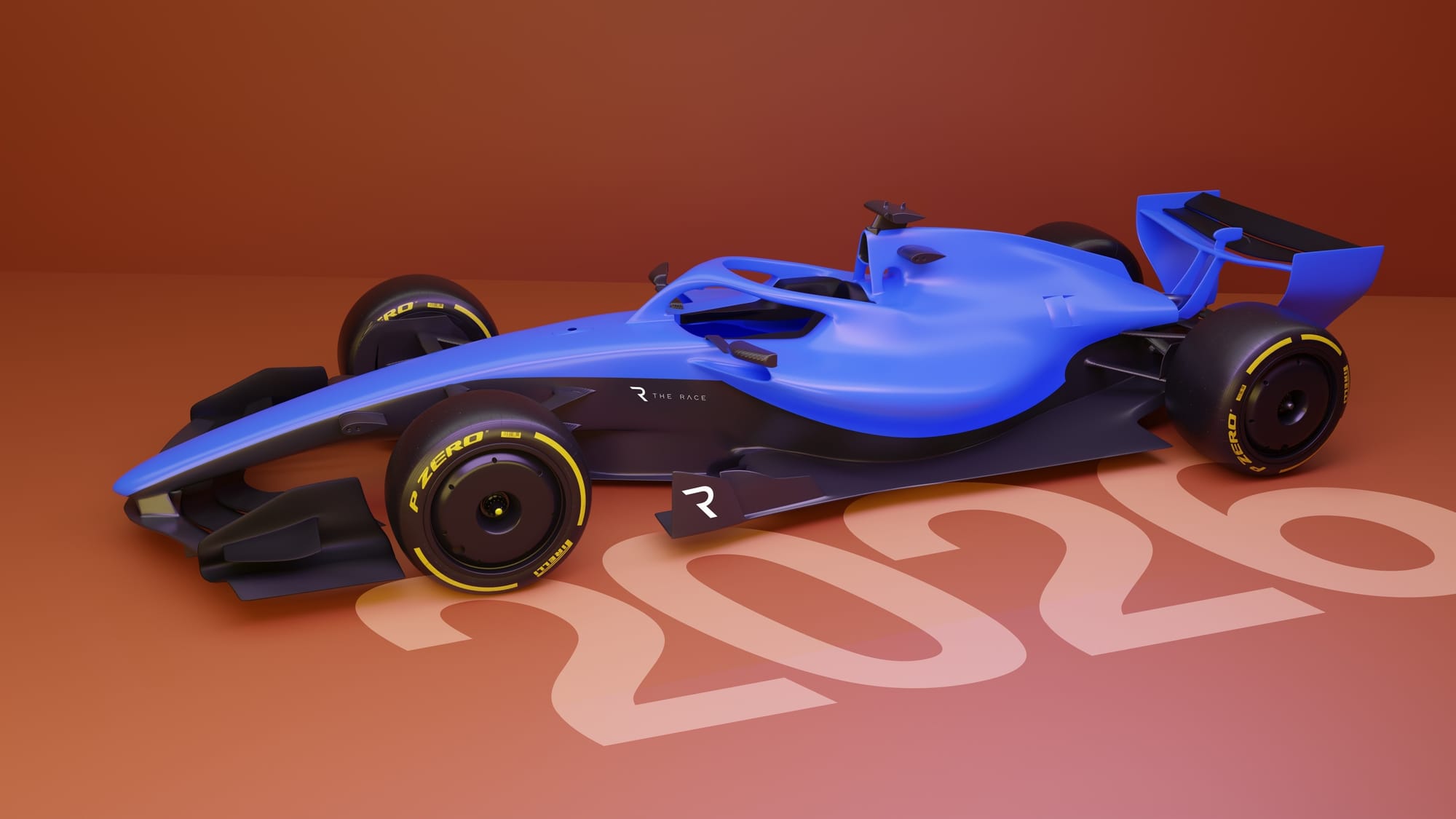
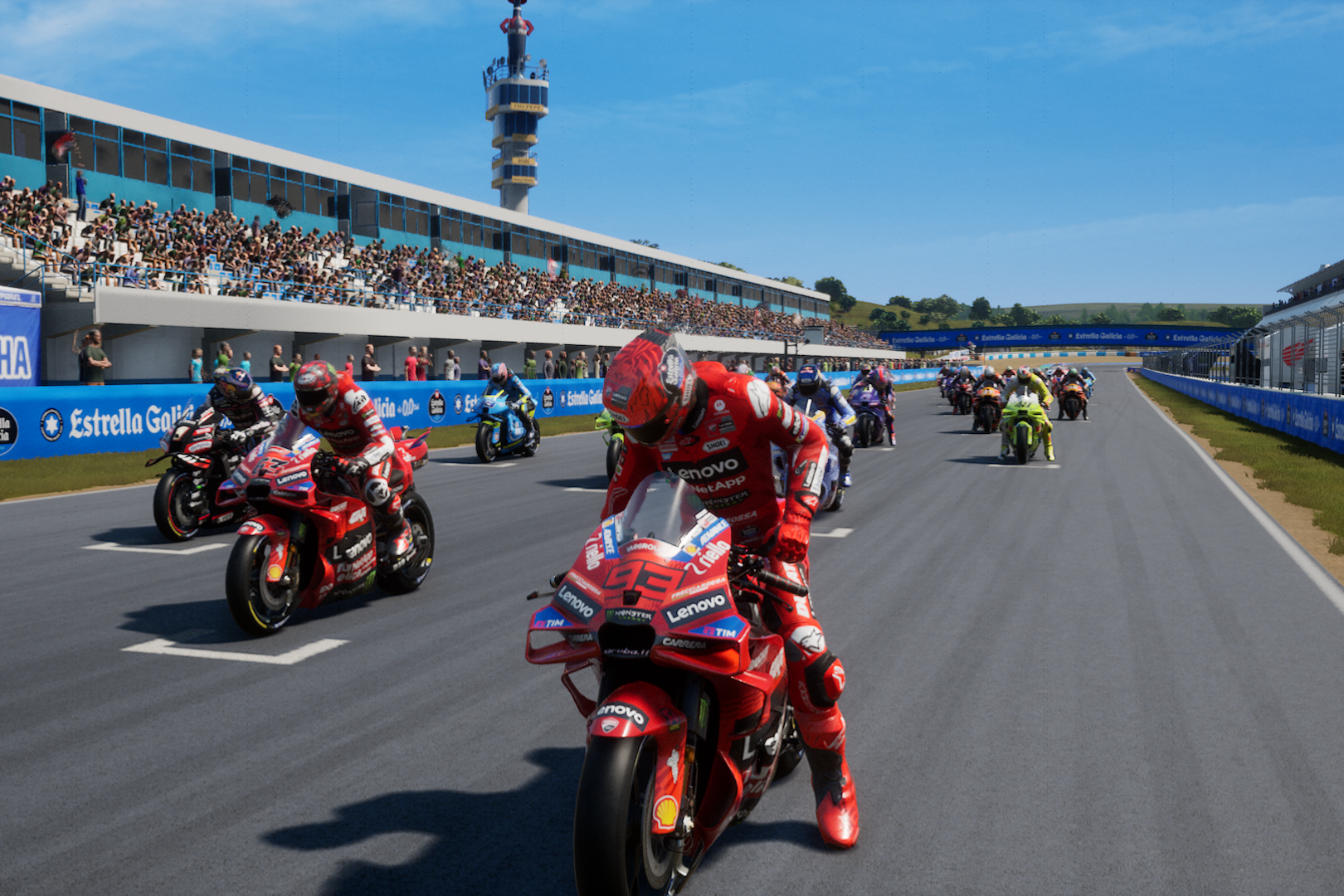

















![Save Up to 30% at Accor Hotels with MasterCard [Japan]](https://boardingarea.com/wp-content/uploads/2025/05/3294bc4b6d1941eef8987e0e40318da7.jpg?#)








